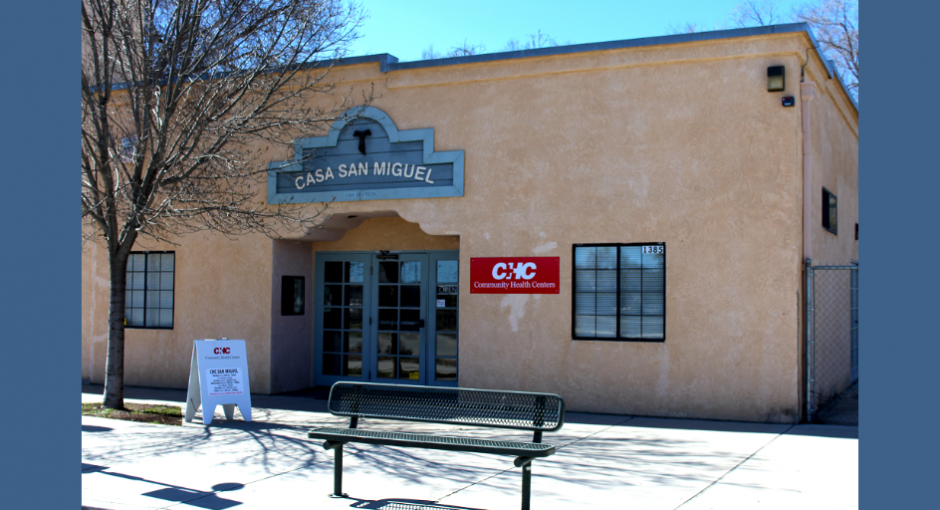A federal judge in Sacramento, Calif., late yesterday declined to stop California Medicaid’s transfer of managed care drug coverage to Medicaid fee for service that took effect on Jan. 1. Health centers enrolled in the 340B drug pricing program pledged to keep fighting the change, which they say will deprive them of millions of dollars of drug reimbursement revenue they desperately need.
U.S. District Judge John Mendezdenied the request for a temporary restraining order by the Community Health Center Alliance for Patient Access (CHCAPA) and its affiliated clinics in a brief opinion. CHCAPA represents 31 federally qualified health centers (FQHCs) providing care to 2.1 million low-income Californians.
CHCPA sued the state Department of Health Care Services (DHCS) late last month after the U.S. Centers for Medicare & Medicaid Services (CMS) granted a wide-ranging waiver to reform Medi-Cal, California’s Medicaid program. It included the transition of Medicaid managed care prescription drug benefits to Medicaid fee for service (FFS). Under Medi-Cal FFS, providers bill at acquisition cost for 340B drugs. Under Medi-Cal managed care, they could bill at higher negotiated rates. DHCS calls the newly consolidated Medicaid drug benefit program Medi-Cal Rx.
DHCS argued that a temporary restraining order was unnecessary, in part because the economic impact of the changes would not reach FQHCs until several weeks into 2022, if not longer.
The judge agreed. “Plaintiffs have not adequately proven that Medi-Cal Rx will cause them economic harm” in the amount of time it would take for both sides to argue the merits of their case, he wrote.
CHCAPA and the clinics requested a restraining order on Dec. 30, two days before Medi-Cal Rx went into effect. CHCAPA had also asked that CMS be subjected to the restraining order, but Mendez rejected that request as well.
CHCAPA and the clinics contend the change could cost them up to $300 million a year in lost revenue from eliminated 340B savings. That led to the lawsuit in federal court in Sacramento and a request for the temporary restraining order.
“Emergency relief is always hard to obtain, and we are undaunted,” CHCAPA said in a statement issued Monday evening. “We will continue our fight for full reimbursement of FQHCs and their inclusion in the 340B drug pricing program, as Congress intended.”
Health Centers Say Change is Having Immediate Impact
CHCAPA’s motion for a restraining order and related filings included several examples of how Med-Cal Rx immediately began impacting FQHCs. Among the examples cited:
- Community Health Centers of the Central Coast in San Luis Obispo, Calif., reported that indigent patients had to make co-payments or pay cash for their prescriptions after coverage was initially rejected by Medi-Cal Rx, including one patient who experiences severe depression.
- San Ysidro Health near San Diego estimated it will lose more than $550,000 a year on dispensing fees alone, as the Medi-Cal FFS dispensing fee of $10.05 to $13.20 doesn’t cover its actual cost of $15.79 per prescription.
- Ravenswood Family Health Network, located south of San Francisco, has a dispensing cost of $30 per prescription but said it is now being paid $13.20 under Medi-Cal Rx. It said expects its losses on dispensing fees to be about $300,000 in 2022.
State Argues Change to FFS Will Have Many Benefits
California officials believe moving pharmacy services from managed care to fee for service will standardize the Medi-Cal pharmacy benefit statewide under one delivery system and improve Medi-Cal beneficiary access to pharmacy services with a pharmacy network that includes approximately 94% of the state’s pharmacies. The state also says the switch will apply statewide utilization-management protocols to all outpatient drugs and strengthen California’s ability to negotiate state supplemental drug rebates with drug manufacturers.
DHCS says it expects the switch will save the state about $405 million in 2022-2023. State managed care companies, however, issued a study in 2019 predicting that the change would cost the state an extra $757 million over five years.


